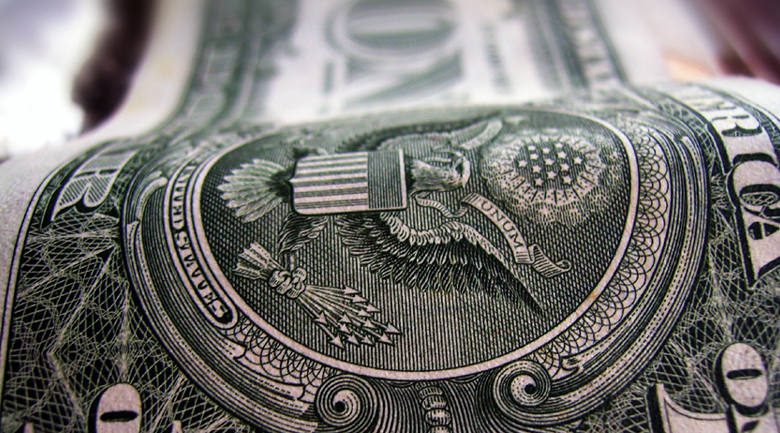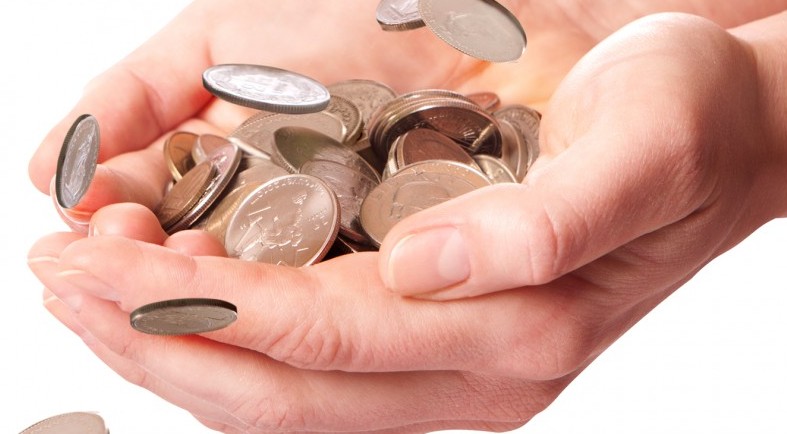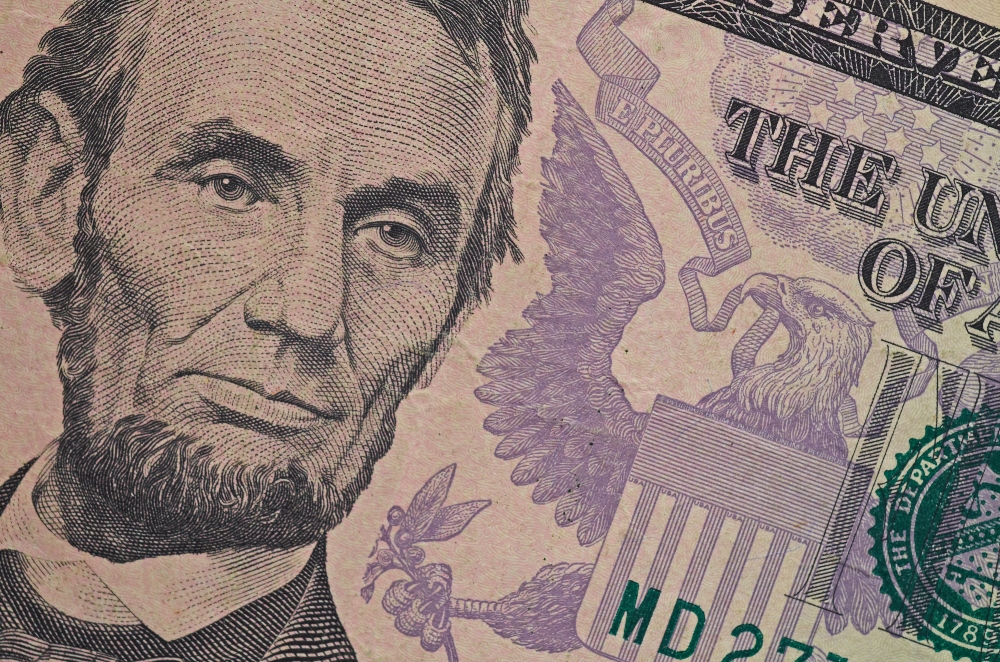Most Americans don’t have a regular savings account and could not handle a $1,000 emergency, let alone miss practically a month of pay. We all could benefit from some careful reflection about the precarious nature of our personal finances.
Particularly those of us who don’t receive a regular paycheck.
Entrepreneurs and those invested in the gig economy have volatile incomes, and literally no promise of a paycheck ever – that can impact your personal finances in a number of ways.
Variable incomes are normal for this group and can impact entrepreneurs in ways as simple as handling debt.
If this is you – here are a few things to keep in mind that can help you deal with the volatility of living on a variable income and handling your personal finances.
- Set up an emergency fund. Start with 500 if you have to, and remember this is an emergency fund for your personal expenses, not your business. If you have an emergency fund, make sure you identify what an emergency is and also be prepared to put money back when it comes out. If you have a hard time not spending money in front of you, put your money in a local bank or CU that you don’t have immediate access too.
- Stick to a budget. when you can’t forecast your income appropriately, controlling expenses is so critical it’s the few things that are in your control.
- Don’t mix business with personal. While you may be pouring your personal energy and time into your start-up or gig, be careful about mixing expenses for two reasons: First, it messes up your budget. You need to have separate budgets for personal and business. Second, there could be tax challenges – consult a tax professional for more information. Here’s a little primer to get you started.
- Save for retirement. There are tax benefits and come on, don’t wait till you can’t work anymore. Also, an IRA IS NOT AN EMERGENCY FUND.
- Practice good financial behaviors. Automate bill pay. Online statements. Digital receipt tracking. The more you can automate your life, the better you are. You already have so many demands on your time, reduce that so you can spend more time doing what you love and what matters.
- Consider diversifying your income. Either ensure you have multiple strings or a backup gig (even if it’s just uber driving) or be prepared to do temporary or contract labor during your slow seasons.
The path to entrepreneurship is rough. If the government can be unstable, those of you who work in the world of startups, gigs, and entrepreneurship, need to be even more on your toes. The “normal recommendation” for saving is 10% of your income, but normal may not be enough for you. Be prepared and save (more) of your paycheck.
Disclaimer: I am neither a tax nor investment professional. This is personal financial advice and I encourage you to visit a professional if you need more specific plans of action.
Kam has a Master's degree in Industrial/Organizational Psychology, and is an HR professional. Obsessed with food, but writing about virtually anything, he has a passion for LGBT issues, business, technology, and cats.









































Pingback: Catch is a must-have finance management app for freelancers
Pingback: Freelance is the Future? I call bull malarky - The American Genius
Pingback: I just got furloughed. Now what? - The American Genius